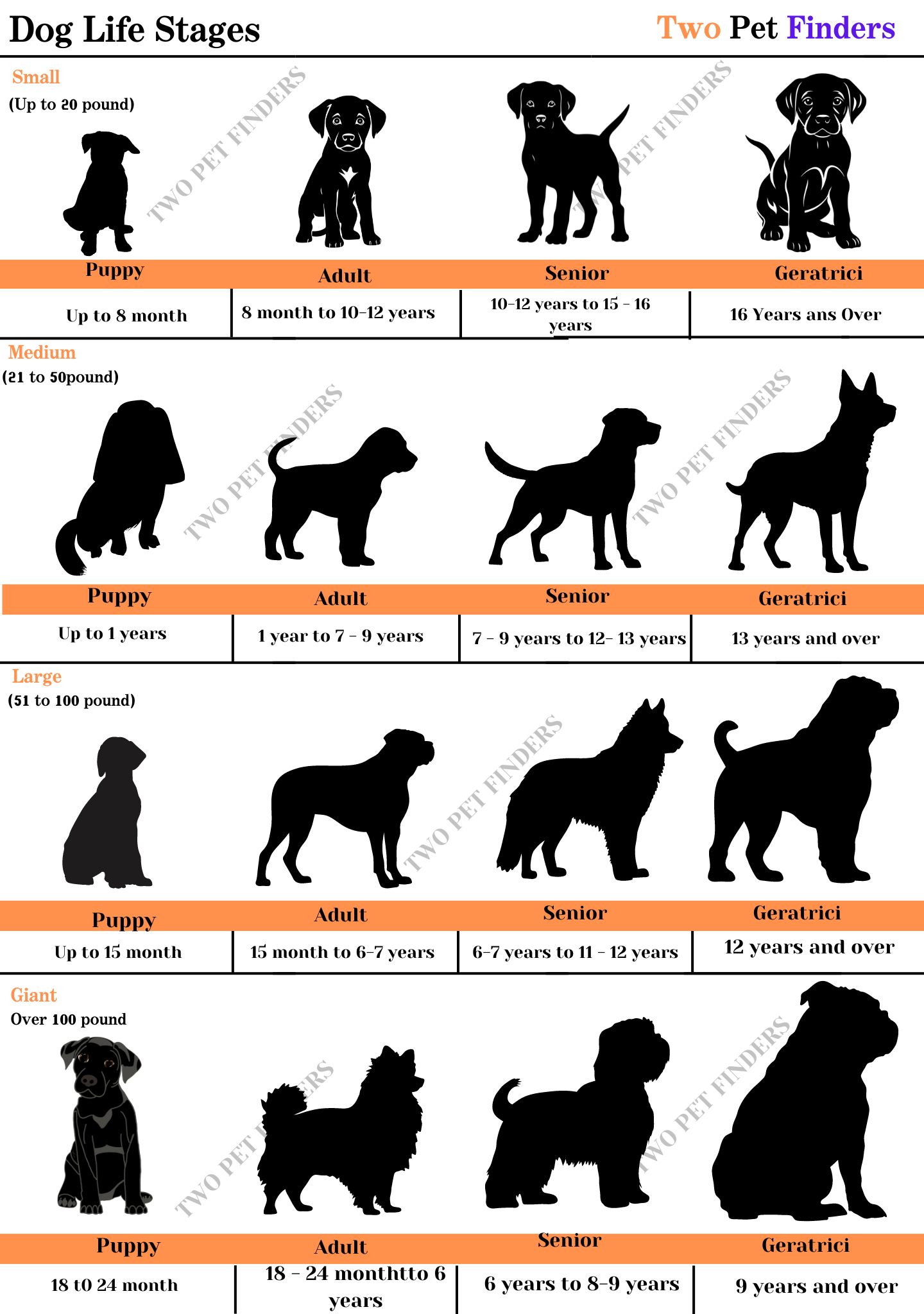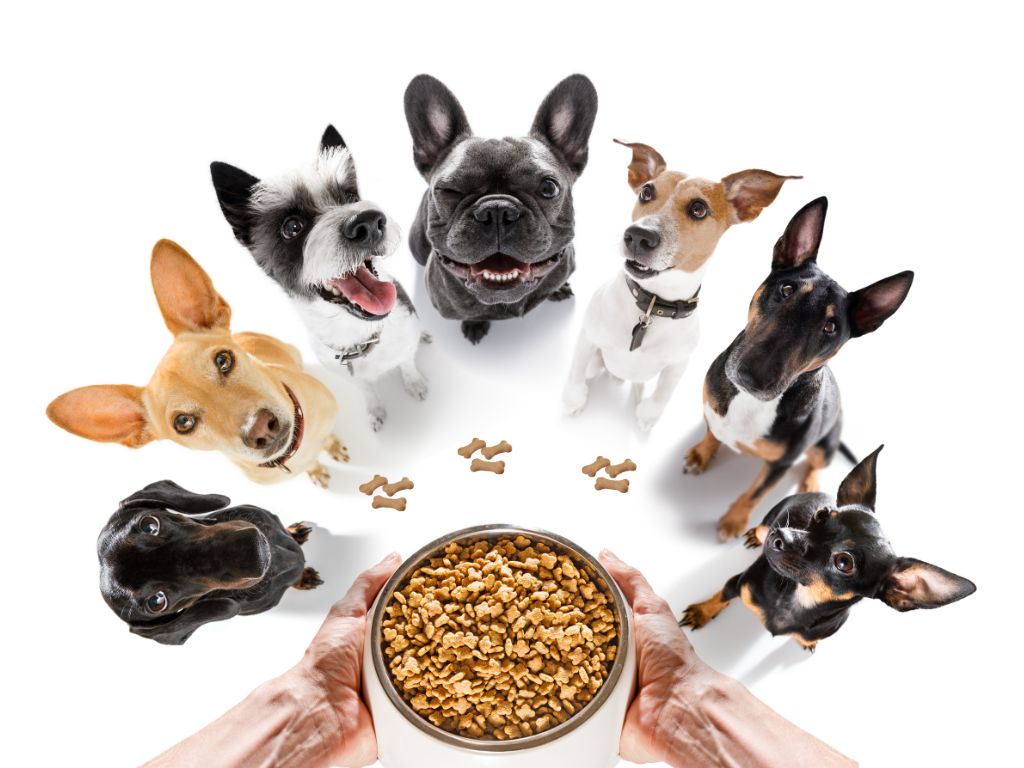When your furry companion grows old, the way you feed them changes in the process, making it necessary to modify their diet to meet your canine’s nutritional needs for maximum health and vibrancy. Senior dog food is made specifically for this purpose and geared toward the particular needs of an aging dog.
It usually contains fewer calories than the regular kind to manage weight gain, more fiber to assist with digestion, and supplements like glucosamine and chondroitin to boost the health of the joints. Some senior dog food contains antioxidants to protect the immune system and cognitive function. Planning the best dining plan for your aging pup should be guided by a canine health expert, but a switch to senior dog food improves your little pal’s health and happiness overall.
What Should I Look for in a Senior Dog Food?
When choosing a senior dog food, several key factors are important to meet the unique needs of senior dogs
- Lower Calories: since seniors tend to be less active and more likely be overweight, calorie content should be reduced.
- Quality Protein: it is essential that a protein source of high quality is included in the senior dog food formula to help maintain muscle mass and general health
- Joint Support: if the seniors are prone to arthritis and joint problems, food containing glucosamine and chondroitin is required to maintain mobility and improve the health of the joints.
- Omega Fatty Acids: While crucial for skin and coat health, omega fatty acids are also necessary for older dogs’ cognitive well-being.
- Limited Additives: Skip any filter or subpar products that give no real value and sticking to genuine, high-quality foods and snacks.
- Antioxidants: Vitamins C and E are essential for keeping your immune system strong and free from oxidative stress.
Do Senior Dogs Need Senior Dog Food?
Senior dogs may require specialized senior dog food due to their unique dietary needs. Aging dogs’ metabolism slows, causing diminished muscle mass and difficulty absorbing nutrients. Senior dog food formulations are designed to combat these factors.
They contain fewer calories to prevent weight gain, increased glucosamine and chondroitin for healthy joints, and digestible proteins. Additionally, these dog foods often include antioxidants and vitamins A, C, E, and B12 to maintain immunity and cognitive function.
Although senior dogs require modified diets, not all must require this type of food. Your veterinarian can help you determine the best diet to support your aging canine friend’s health and energy.
When should a dog go on senior dog food?
Knowing how each stage in a dog’s life is classified allows you to offer your pet the best care that suits that particular stage.
Usually, a dog is called a “mature adult” at the age of between 6 to 8 years, but the figure has some alterations based on the dog’s breed and size. Above the age of 8 years, a dog can easily be categorized under the senior category.
This allows modifications in the dog’s food, the nature of their physical activities, and any related veterinary services, to mitigate any developing health issues. It offers you the ability to know and respond early when your dog attains the senior category and provide the best care for them as they enjoy their dog’s Zion.

While the readily available age descriptions of senior dogs can help direct you in your food alternatives, it’s worth to keep in mind that these animals are individuals. They are not all old from a physiologic level simply because they reach a certain era. The aging process differs for each dog, similar to how it seems, feels, and affects people.
Unless your senior dog has a known health problem and is already losing weight, it’s not necessary to switch foods. The time at which your dog should begin being fed a senior diet should be guided by your veterinarian.
FAQ
When can I start feeding my dog senior dog food?
Typically, dog owners should start to introduce senior dog food to their pet around 7 to 8 years of age, although this may vary by breed and size. Therefore, it is recommended to ask your veterinarian for their professional opinion.
What are the advantages of using senior dog food?
Senior dog food has reduced calories to prevent weight gain, additional joint support to aid mobility, and ingredients for aging organs and cognitive function.
Can my adult dog keep eating the same food as they get older?
Although age-appropriate adult dog food can be fed to elderly dogs, senior formulations are specifically designed to satisfy their new nutritional requirements, which can become more intense with age.
How do I know if my dog needs senior dog food?
Among the indications to look for are decreased energy, gained weight or lost weight, mouth issues, and bad hair or bad gut function. To get a clear analysis from a trained practitioner, see your veterinarian.
Is there a disadvantage to switching to senior dog food?
Senior formulations are not compatible with all animals and may be harmful to certain puppies with pertinent medical conditions or food sensitivities.


